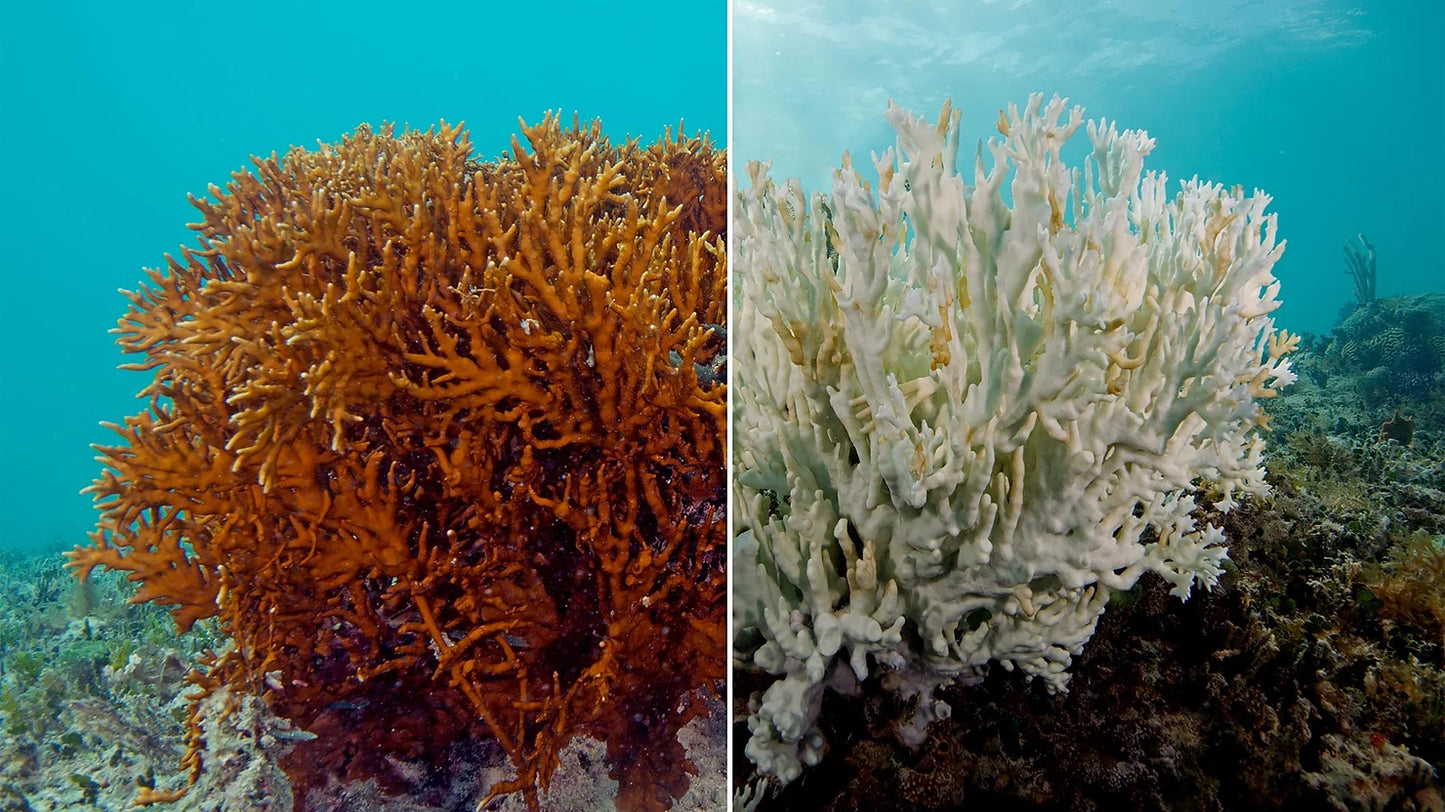
Many of us are looking forward to borders opening and travel restrictions lifting. Like people all over the world, New Zealanders are dreaming of spending days on the beach and soaking up some much-needed vitamin D on tropical beaches.
Coral-killing chemicals like oxybenzone and octinoxate are found in 97% of sunscreens on the market. These compounds can biomagnify, which means that their concentration in the tissues of organisms increases as the pollution moves up the food chain.
When people wash or swim while wearing sunscreen, the chemicals in the sunscreen are released into the environment, contaminating our water supplies. In addition, these chemicals are detrimental to marine life because they bleach corals, causing them to die. If you have ever been snorkelling or swam in the ocean after putting on sunscreen you can see the oily sheen floating on top of the water.

Sunscreen is necessary to protect skin from cancer. As the pandemic-related travel restrictions lift in New Zealand and worldwide, travellers will look to visit the warmer climates once again and start shopping for sunscreen. Chemical sunscreens, however, are hazardous to the oceans that unscreen-slathered visitors swim. This holiday shop for something that is healthy for humans and our oceans as well.
